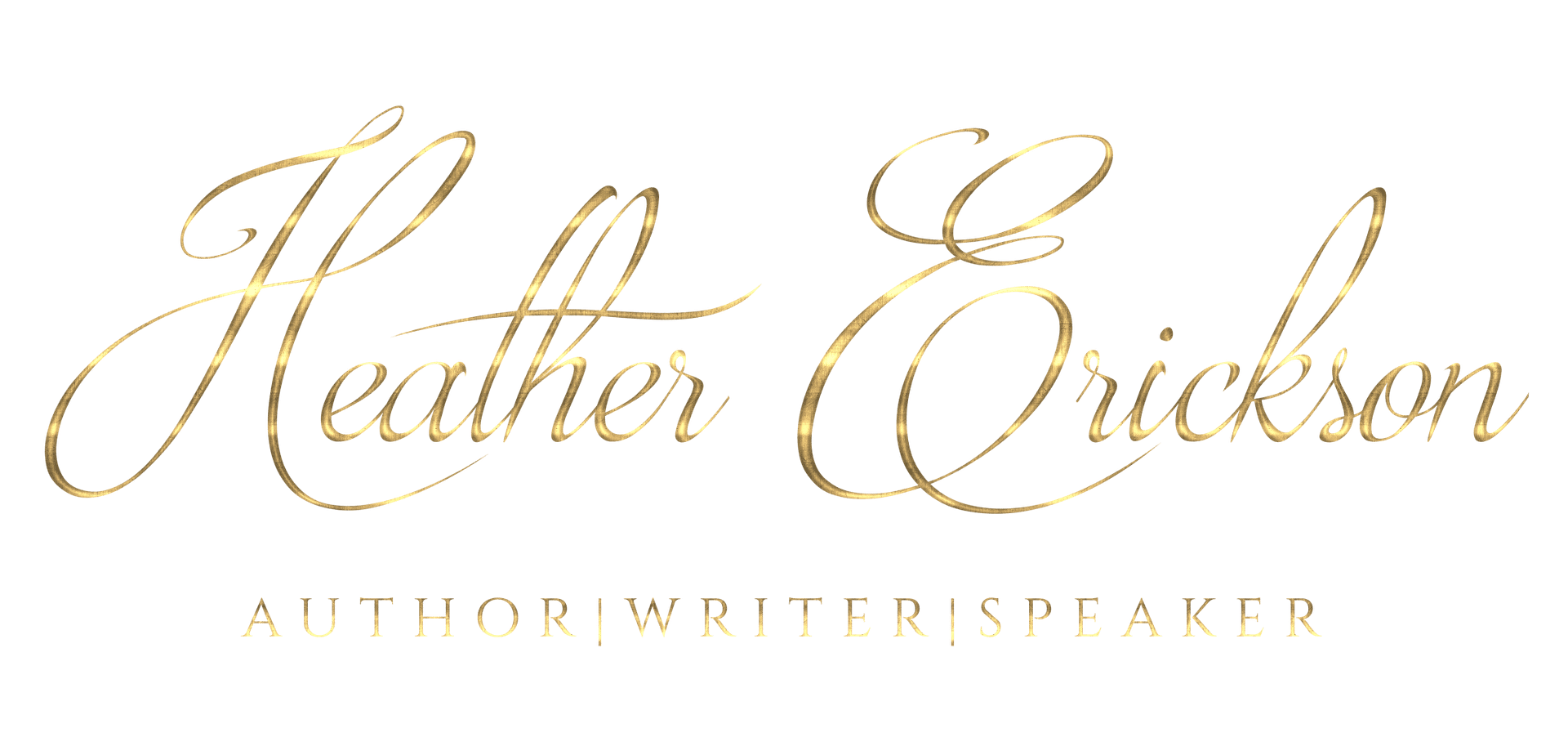
I recently began reading a book that I put down after 3 short chapters. I wanted to read it. The premise was good, but some of the basic elements that make a story good were all wrong. Those elements all had to do with characterization. Writing characters well is essential to making a fiction book work. Characters are who we relate to in a story, who we love, and who we despise. There are right ways and wrong ways to write characters. Over the next few weeks, I’m going to share how to get characters right—or at least, how to not get them wrong. I will begin with the use of character templates.
Character Templates
When people create their character, they often begin with forms known as character templates. If you’re a writer interested in craft, you have likely seen these online. You’ve probably downloaded them, and maybe you’ve even used them.
There is nothing inherently wrong with these templates. In fact, they can be quite helpful as you explore who your character is. Unfortunately, too many authors use them incorrectly. They end up sounding more like an application for an online dating service, than aspects of a deep character.
“Blond hair, blue eyes, likes Chinese food, hates alien invaders.”
So what about these character templates? Should you delete them from your hard drive and never use them again? There’s no need to be that drastic. In fact, there are several ways they can help you to write characters well.
Character templates keep track of the details.
Some stories require lots of details that can easily become forgotten or confused. That’s a huge mistake that readers are sure to notice. Stories that most easily fall victim to this are:
- Series- When you need to stay consistent from one book to the next, good notes and templates are essential.
- Epic Saga- These larger than life stories are so long that you might forget what happened at the beginning by the time you get to the end. Mix up one detail, though, and your readers will pick up on it.
- Fantasy- There are so many elements in a fantasy novel that a writer has to come up with that it’s easy for some details to slip through the cracks. Character templates as well as templates to keep track of the various aspects of the world you are creating can help greatly.
The purpose of the character templates is to keep track of the details. They are not intended to be a foundation from which to buil.
Character templates can help bring your character to life.
All of these details can turn a 2 dimensional idea into a larger than life character. This has to happen in your mind before it can happen in the minds of your readers. Somewhere in between, all of that magic is sprinkled on the pages of your book. But how do you make that magic?
Remember when I spoke of the template sounding like an online dating service? There is something people do when they read personal ads online. They fill in the gaps.
- They may see an ad for one guy and imagine him to be really dorky. They may even get a good laugh or two with their friends, as they imagine what a date with him might look like. He’s sure to take his date to the Star Trek Convention.
- Or, they might see another guy and imagine him to be really creepy. The kind of guy who will live with his mother for forever and looks through the holes he’s drilled through the walls of the hotel his family owns.
- Of course
, he could be a brilliant and witty real estate agent who will treat his date with respect and sweep her off her feet with his sense of humor and dashing good looks.
The key is to help your readers fill in the gaps.
Readers don’t like to be spoon-fed details. Like salt, they like to have details sprinkled throughout the story so that they can draw their own conclusions. This gives readers a sense of satisfaction and helps them to feel a part of the story.
So feel free to fill in your character templates as much as you want to, but use care when deciding what, and how much you actually write into the story. For example, I recently was watching a show that I’ve been watching for a while now. There is a government law enforcement agent on the show who has always been somewhat in the background. In a single episode they took this mild-mannered guy, gave him a heroic task, and had him killed while carrying it out heroically. It was so shocking. Then they topped it off by revealing that he was the son of a top CIA officer. He didn’t want any special treatment. That one detail alone made this otherwise forgettable character, unforgettable. Timing is everything.
All characters have a history
When I am creating a character, I worry more about their past than their eye color. Let your readers fill in details that don’t matter. This allows them to see the character as they want to. It’s the backstory of the character that will affect your story. It determines how they will act in a given situation.
Your minor characters need a backstory as much as your main characters. This is the kind of writing that makes minor characters stand out. I recently took my daughters to see The Princess Bride in at a 1950’s style theater. It was so much fun. A few things stood out. One was the number of scene stealers there were in the movie. These are the characters that are only on the screen for a few moments, but get the biggest laughs. They are the characters that people are still quoting 25 years later.
Characters like the minister, played by Peter Cook:
And Miracle Max, played by Billy Crystal:
Essentials: Beyond Character Templates
As you are writing templates for main characters, it’s essential to think about their motivations and their background. You won’t write all of these into the story, but you will take them into consideration as you develop your character.
For minor characters, come up with one aspect that makes them completely unique from the rest of your characters. It could be something physical, or the way they talk. It may be an unusual job or hobby.
In the coming weeks we’ll be looking at how to take these details from your character template or notes and make lifelike characters for your story.
I will cover the basics of:
- Making Character’s Believable
- Transformation in your Character
- A Character’s Appearance
- Dialogue
Do you use a character template?
What are YOUR thoughts?
I’d love to hear in the comment section, below. I appreciate my readers as well as the writing community. To show that appreciation, I use Comment Luv. Just leave a comment below and your latest post will get a link next to it. Thank you!
About Heather Erickson
I am an author, writer, and speaker and homeschooling mom of 3. Since doctors diagnosed my husband, Dan with stage IV lung cancer in 2012, I’ve focused my writing and speaking on helping cancer patients and their families advocate for themselves and live life to the fullest, in spite of their illness. My goal is to help people face cancer with grace. My books are available at Amazon.com:
Facing Cancer as a Friend: How to Support Someone Who Has Cancer
Facing Cancer as a Parent: Helping Your Children Cope with Your Cancer
I also blog about living with cancer at Facing Cancer with Grace.


4 comments on “Write Characters Well: Character Templates”
Jacqui Murray
September 12, 2018 at 9:09 amI create a character template for each of my main characters. In the case of my current WIP, that is about ten characters. It’s quite useful to think through who I’m dealing with!
I agree about characters being critical to why I read a book. I will give the book just less than 20%. If I don’t like the person I will be traveling with, I usually give up on the book.
heatherericksonauthor
September 12, 2018 at 6:09 pmHi Jacqui. I used to give up by 10%, but for some reason, I’ve become more patient and give the author 20%. Maybe old age is making me a kinder reader. Or, it could be that I sympathize as a fellow writer. Have a great week!
Liz A.
September 12, 2018 at 6:29 pmI have never been able to focus long enough on a character template to fill one out. They annoy me for some reason.
heatherericksonauthor
September 25, 2018 at 7:58 pmHi Liz. I have begun to use a modified template. So many of the templates available online have items that just don’t apply. so I like to choose the items that matter–especially things that affect motivation. It helps to make the process feel more worthwhile. Have a great week!